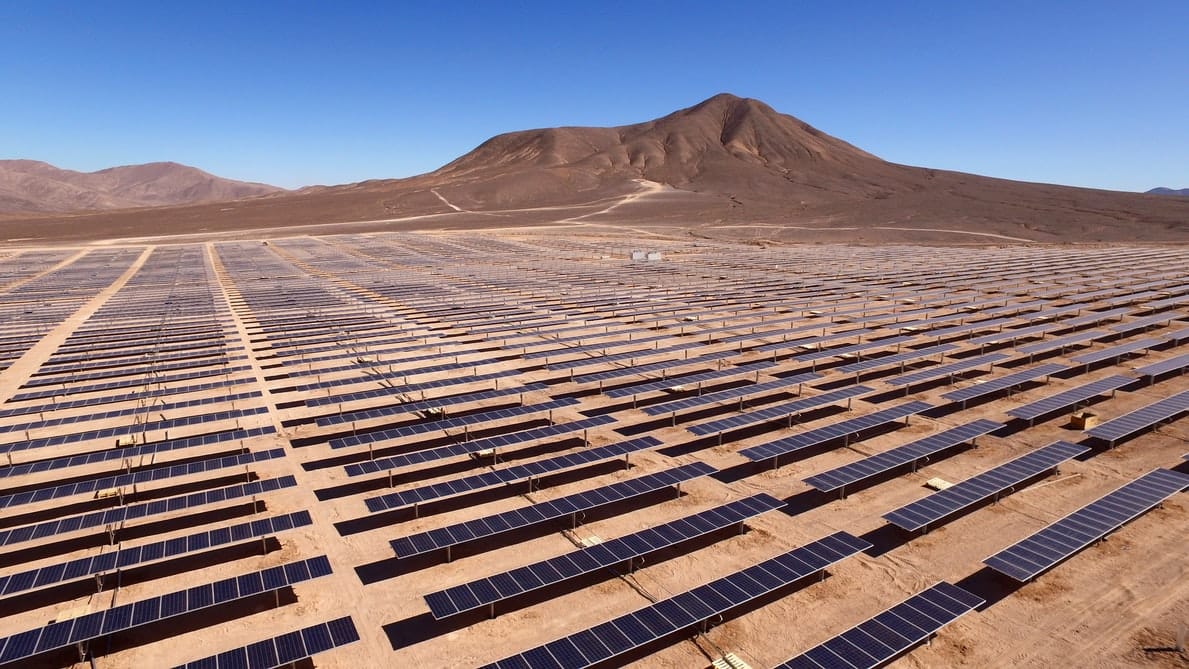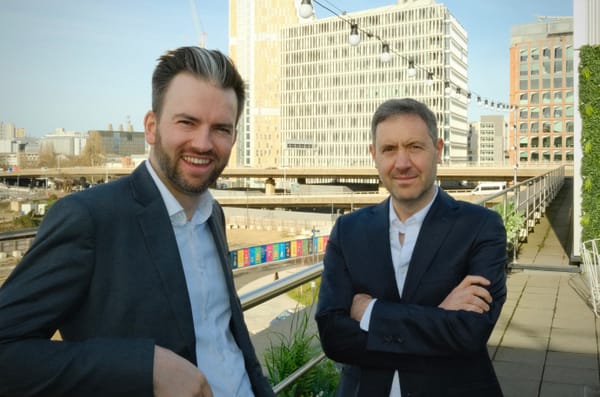The dark side of solar energy
Sustainability Editor Flora Dickie writes about a Spanish community that is fighting against the construction of a solar energy mega plant backed by a corporation and the Spanish Government.

A Spanish Municipality is fighting against the development of a 269-hectare solar plant promoted by Falck Renewables Power. The Italian based company has already bought 25% of the land for the proposed plant and the connection to the national electricity network in February 2021.
A group of local environmental associations say that the solar energy plant is the greatest environmental attack that has ever happened in the history of Chiva - the municipality where the plant is to be built. They reject the project because it will be constructed at the foot of the 'Sierra de Los Bosques', the largest natural area in this Valencian province. Some local ecologists argue that this particular project could cause more harm than good. The municipality is not only fighting the renewable energy company but also the government, which quite rightly has a policy advocating the transition to renewables.
is the 'green' revolution genuinely a revolution if it operates within the bounds of our current socioeconomic system
The solar project would increase the renewable energy generated in the Spanish province, yet as it is a megaproject, it is suggested that it will considerably affect the local ecology and biodiversity.
Furthermore, some environmentalists claim that mega solar plants use pesticides to prevent the growth of plants and fungi around the plant. Those who reject the project are fundamentally against the idea of mega energy projects being a climate solution. The problem is that megaprojects are more efficient economically, so they tend to have higher investment than smaller projects, which are often more beneficial to the community. Plus, the main winners at the end of the day are the companies that win the government contracts - not the community.



This rejection of the solar plant is an example of a community questioning whether the 'green' revolution is genuinely a revolution if it operates within the bounds of our current socioeconomic system.
The community rejection of the solar plant proposal also shows how renewable energy costs must form part of the energy transition conversation. Renewable energy infrastructure has the potential to decrease ecological diversity. Therefore, we must prioritise placing solar panels, for example, on areas that are already at low ecological 'value', such as on roofs, in unused parking areas and disused surfaces.
Reminding ourselves that the ecological and climate problems are intrinsically linked and that one cannot be solved without the other is critical to making better decisions for a smoother energy transition. In the face of climate change, which has caused rising sea levels and the flooding of countries, we need to critique our eco-climate solutions so that renewable energy projects are true buoyancy aids and not merely less heavy anchors. Our policies for the energetic transition should also incorporate the importance of minimising ecological losses in the construction of renewable energy plants.
It is always important to note that the energy transition away from fossil fuels is essential to accompany a major decrease in energy consumption by highly industrialised countries like the UK and the USA.








